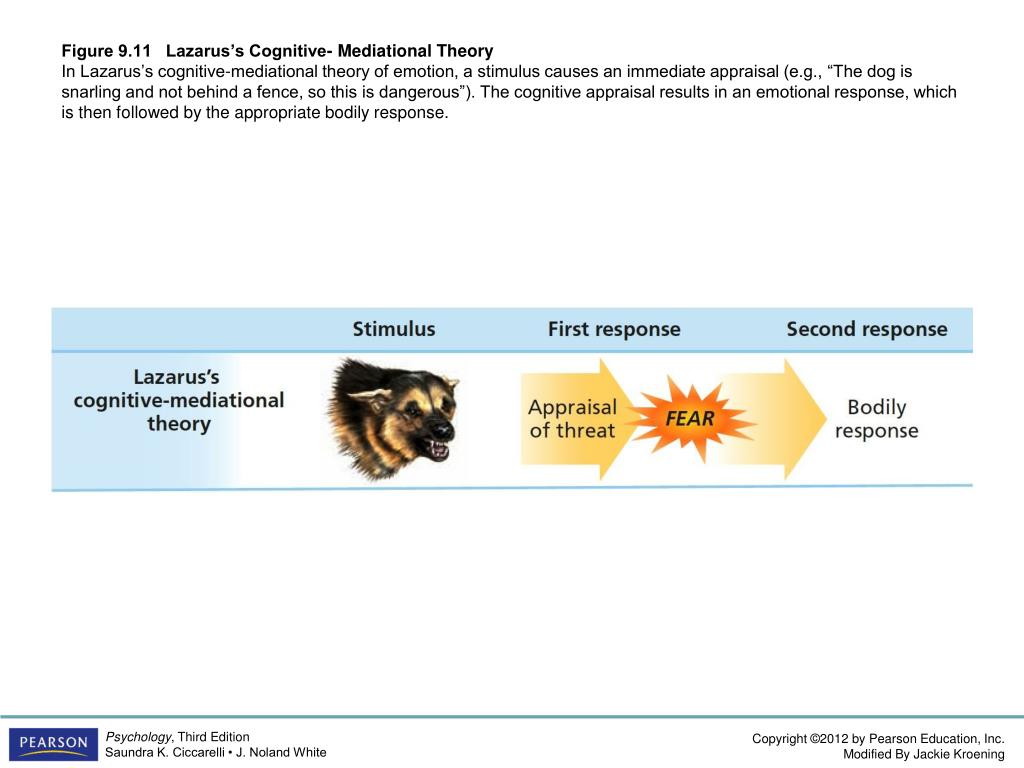
If you cannot sign in, please contact your librarian. If your institution is not listed or you cannot sign in to your institution’s website, please contact your librarian or administrator.Įnter your library card number to sign in. Following successful sign in, you will be returned to Oxford Academic.Do not use an Oxford Academic personal account. When on the institution site, please use the credentials provided by your institution.Select your institution from the list provided, which will take you to your institution's website to sign in.Click Sign in through your institution.

Shibboleth / Open Athens technology is used to provide single sign-on between your institution’s website and Oxford Academic. This authentication occurs automatically, and it is not possible to sign out of an IP authenticated account.Ĭhoose this option to get remote access when outside your institution. Typically, access is provided across an institutional network to a range of IP addresses.

If you are a member of an institution with an active account, you may be able to access content in one of the following ways: Get help with access Institutional accessĪccess to content on Oxford Academic is often provided through institutional subscriptions and purchases. The aim of this chapter is to examine Lazarus's experiments on the emotions and appraisal in the light of these difficulties. Is the claim fundamentally a constitutive-conceptual one, according to which it belongs to the very "grammar" of the emotions that they are intentional states? Or is the claim a causal argument about how emotions are aroused? Are those two kinds of claims incompatible, or can one adopt both a conceptual-grammatical and a causal explanation of the affects? Lazarus did not find it easy to answer these questions, even as he pursued a major research program designed to do so. Lazarus's ideas about the role of "appraisal" or cognition in emotion were often tentative and confused, in part because of the difficulty he had in deciding what kind of claim it is that emotions are intentional states or actions. This chapter offers an analysis of the challenges he faced in his attempts to account for the meaning of the emotions. One example is when a person gets involved in a sudden disaster, such as an earthquake, and he doesn’t have more time to think about it, yet he still feels stressful about the situation.The American psychologist Richard Lazarus played an important role in the post-World War II history of research on the emotions. In contrast to these, statements like, “I can’t do it I know I will fail”, “I will not do it because no one believes I can” and, “I won’t try because my chances are low” indicate negative secondary appraisal.Īlthough primary and secondary appraisals are often a result of an encounter with a stressor, stress doesn’t always happen with cognitive appraisal. Uttering statements like, “I can do it if I do my best”, “I will try whether my chances of success are high or not”, and “If this way fails, I can always try another method” indicates positive secondary appraisal. Secondary appraisals involve those feelings related to dealing with the stressor or the stress it produces. In fact, there are times that secondary appraisal becomes the cause of a primary appraisal. Unlike in other theories where the stages usually come one after another, the secondary appraisal actually happens simultaneously with the primary appraisal. On the other hand, seeing the stressor as a “harm-loss” means that the damage has already been experiences, such as when a person underwent a recent leg amputation, or encountered a car accident. When you look at it as a challenge, you develop a positive stress response because you expect the stressor to lead you to a higher class ranking, or a better employment.

When you see the stressor as a threat, you view it as something that will cause future harm, such as failure in exams or getting fired from job. Or, you might see the heavy rain as stressful because you have scheduled a group outing with your friends.Īfter answering these two questions, the second part of primary cognitive appraisal is to classify whether the stressor or the situation is a threat, a challenge or a harm-loss. Or, you might say that the heavy rain is good, because now you don’t have to wake up early and go to school since classes are suspended. You might think that the heavy rain is not important, since you don’t have any plans of going somewhere today. To better understand primary appraisal, suppose a non-stop heavy rain suddenly pours at your place. In the stage of primary appraisal, an individual tends to ask questions like, “What does this stressor and/ or situation mean?”, and, “How can it influence me?” According to psychologists, the three typical answers to these questions are:


 0 kommentar(er)
0 kommentar(er)
